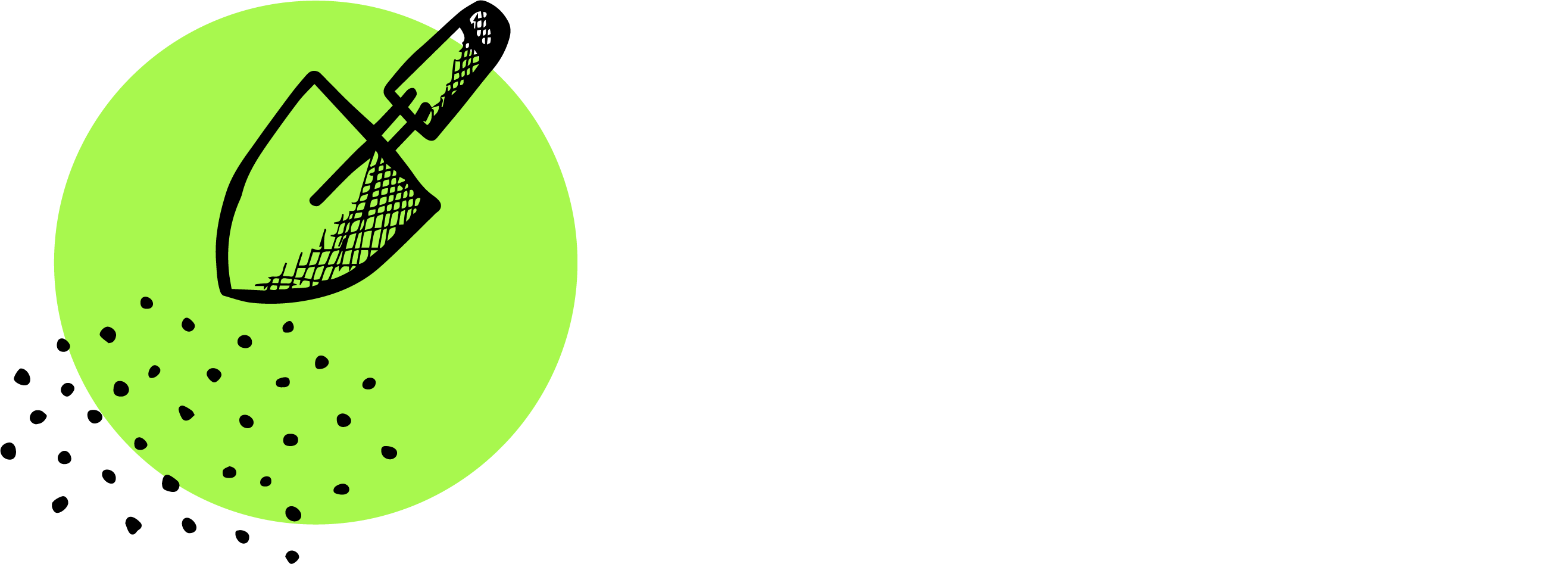Session #3: Organizing Silicon Valley’s High Tech Workers
Date: May 10, 2021
Key Topics: organizing strategy in a “gig economy;” revival of the labor movement; conscientizacion and the immigrant base; expanding the organizing terrain beyond the workplace
Presenter: Salvador “Chava” Bustamante, Director of Latinos United for a New America, and former First Vice President of the Service Employees International Union (SEIU) Local 1877.
Conditions for janitors and contract assemblers are a far cry from those associated in the public mind with high tech manufacturing. Workers losing jobs on wafer fabrication lines in the semiconductor plants make as much as $11-14/hour for operators, and more for technicians. Companies provide medical insurance, sick leave, vacations and other benefits. By contrast, contract assemblers and non-union janitors are paid close to the minimum wage of $4.25/hour, have no medical insurance, and often no benefits at all. The decline in living standards has made the service and sweatshop economy in Silicon Valley the new focus for workers’ organizing activity.
The spark which set off this new wave was the campaign to organize the janitors at Shine Maintenance Co., a contractor hired by Apple Computer Corp. to clean its huge Silicon Valley headquarters. Over 130 janitors joined Service Employees International Union Local 1877 during an organizing drive at Shine in the fall of 1990.
The campaign at Shine and Apple was closely watched by other employers in the valley. Using the same strategy, the union went on to win a contract for janitors at Hewlett-Packard Corp., an even larger group than those at Apple. The momentum created in those campaigns convinced other non-union janitorial contractors to actively seek agreements with Local 1877, and over 1500 new members streamed into the union.
Despite differences in union experience among different immigrant nationalities, many trade unionists believe that the immigrant workforce is fertile ground for the message of unionism. Immigrant workers are on the bottom, they say, in terms of wages, working conditions, and the quality of life in immigrant communities. “They shine a light on conditions which are like apartheid for immigrants and sweatshop workers in Silicon Valley.”
According to SEIU organizers, immigrants are the vast majority of building maintenance workers in many U.S. cities. That poses special problems for the union, but it also creates important advantages. Immigrants have a harder time, they explain, standing up for their rights in front of the employer, because they are often unaware of their rights as workers. In addition, sanctions and the threat of deportation make the risk of losing a job much higher than for non-immigrants. Vulnerability to the employer, and the weakness of legal protections, are primary reasons why Justice for Janitors, SEIU’s national organizing strategy, doesn’t rely on elections administered by the National Labor Relations Board.
Instead, the union combines intense community pressure with an all-out attack on the parent corporation. Marches, demonstrations, sit-ins and other mass actions mobilize the pressure of workers against the employer. The militant history of many immigrants becomes a positive advantage for the union. Eliseo Medina, an-other SEIU leader, explains that “when you come from a country where they shoot you for being a unionist or a striker, then getting fired from your job doesn’t seem so bad. Immigrants from Central America have a much more militant history as unionists than we do, and the more militant workers are, the more the union can do.”
~ by David Bacon
